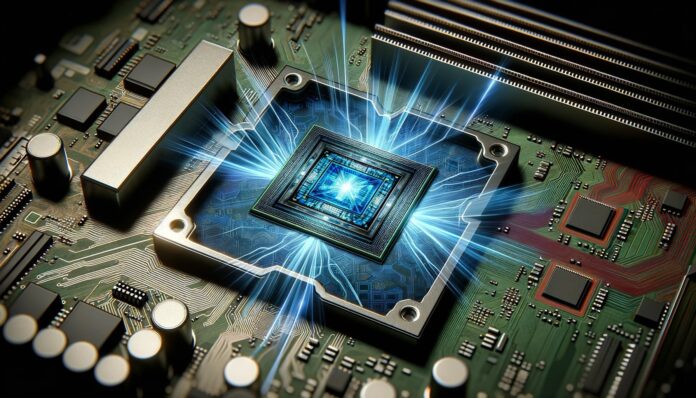
In an era where data breaches and cyber espionage are increasingly prevalent, protecting sensitive information has never been more crucial. Confidential computing emerges as a groundbreaking technology that enhances data security and privacy, offering a robust shield against unauthorized access and espionage. This article explores how confidential computing safeguards data and contributes to a more secure digital environment.
Understanding Confidential Computing
Confidential computing refers to a suite of technologies designed to protect data while it is being processed. Traditional security measures focus on protecting data at rest (stored data) and in transit (data being transmitted). However, data is often vulnerable during processing—when it is decrypted and manipulated. Confidential computing addresses this gap by employing specialized hardware and software, known as Trusted Execution Environments (TEEs), to create secure enclaves for data processing.
How Confidential Computing Mitigates Espionage Risks
1. Isolation of Sensitive Data: TEEs create isolated environments where data can be processed without being exposed to other parts of the system or even the underlying operating system. This isolation prevents unauthorized entities, including potential attackers with privileged access, from accessing or tampering with sensitive information.
2. End-to-End Encryption: Confidential computing ensures that data remains encrypted throughout its lifecycle—from storage to processing and back. Even when data is in use within a TEE, it remains encrypted, making it nearly impossible for malicious actors to intercept and decipher the information.
3. Data Integrity Verification: TEEs provide mechanisms for verifying the integrity of data and computations. This feature helps detect and prevent tampering or unauthorized modifications, ensuring that the data remains accurate and reliable throughout its processing lifecycle
4. Controlled Access: Access to data within a TEE is strictly controlled and monitored. Only authorized applications and users with appropriate credentials can interact with the data. This controlled access minimizes the risk of insider threats and unauthorized data manipulation.
5. Protection Against Supply Chain Attacks: Confidential computing technologies are designed to safeguard against supply chain attacks, where vulnerabilities in hardware or software components could be exploited to gain unauthorized access. By isolating sensitive data and operations, TEEs reduce the risk of such attacks compromising the integrity of the data.
Real-World Applications and Benefits
Confidential computing is making a significant impact across various industries. In finance, for example, it secures transactions and customer data from cybercriminals. In healthcare, it protects patient records while allowing for secure data sharing and analysis. Similarly, in government and defense sectors, confidential computing shields sensitive information from espionage and unauthorized access.
Challenges and Future Directions
While confidential computing offers robust security, it is not without challenges. Implementing and managing TEEs can be complex, and ensuring compatibility with existing systems may require significant effort. Additionally, as technology evolves, new threats and vulnerabilities may emerge, necessitating ongoing advancements in confidential computing solutions.
The future of confidential computing lies in its continued development and integration into mainstream technology stacks. As organizations increasingly prioritize data security, the adoption of confidential computing is expected to grow, offering enhanced protection against espionage and other cyber threats.
Conclusion
Confidential computing represents a significant leap forward in the quest to protect sensitive data from espionage and unauthorized access. By creating secure environments for data processing, ensuring end-to-end encryption, and maintaining strict access controls, confidential computing provides a robust defense against modern cyber threats. As this technology continues to evolve, it will play an essential role in safeguarding the integrity and confidentiality of data across various sectors, contributing to a more secure digital landscape.





















